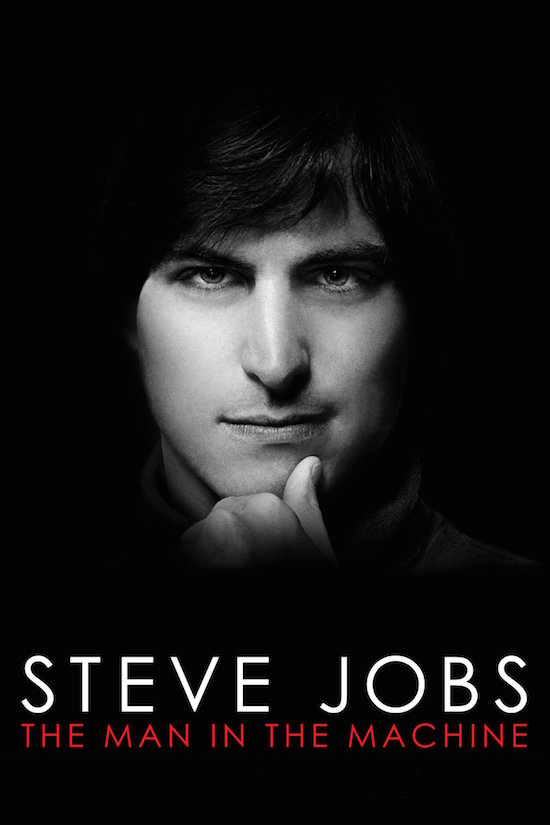Director Alex Gibney also made the documentary film Going Clear: Scientology and the Prison of Belief (2015) which was very interesting and also brought up many troubling questions about Scientology. This film follows in the same format, presenting the dichotomy of Steve Jobs and bringing up troubling questions.
But what’s interesting to me is that several of the questions were nothing more than just troubling questions. The filmmakers would have you believe the case was closed and Jobs was absolutely guilty of everything they accused him of but it wasn’t as clear cut for me.
Several of the stories have been corroborated by multiple sources and I have no doubt in my mind are true such as Job’s early disavowal of his daughter, his sometimes abrasive and vindictive attitudes, and some of his half-truths to the media.
But the core of the film focuses more on 1) Apple’s offshore manufacturing, 2) Apple’s tax shelters, and 3) The stockholder share back-dating controversy.
Apple’s Offshoring: The big criticism lobbed at Apple was that they had horrible work conditions and low pay for workers. The director even says in voice over that Apple should have paid people more since Apple was getting such a great margin on their phones. That’s totally ridiculous. Apple is a company who is in the business of making money. So what if they’re margins are great. That doesn’t require them business-wise or even morally to pay their downstream providers more. And in regards to work conditions, the companies manufacturing Apple products are not Apple. They are separate companies. Apple trusts those companies to do business safely. So it isn’t as clear cut that Apple could go in there and run someone else’s China-based company just because work conditions were not up to standards.
Tax shelters: The criticism is that Apple has a large portion of their holdings in Irish tax shelter companies. Because the money is in Ireland, Apple avoids U.S. taxes for some of its holdings. The filmmakers want to say this is wrong but I don’t blame Apple at all. I’d do exactly the same. The U.S.’s corporate tax rate is one of the highest in the world for Capitalist countries. So anyway that a company can legitimately protect some of its assets from those onerous taxes makes a lot of sense. It’s not illegal to have offshore holdings.
Stockholder back-dating: The criticism was that Apple back-dated stock without disclosing and that Steve Jobs knew about it even though he is on record as saying he didn’t. I think this is probably totally true. Steve was a maverick and he worked the system to his advantage, possibly even doing illegal things in a ends justify the means type of way. Some people at Apple took the fall for him because the company would have been dealt a 20 Billion blow if not. Does this type of thing happen elsewhere? All the time. I’ve personally seen business people do all kinds of shady things with stock so even though this was morally wrong, it was not surprising.
Steve Jobs wasn’t a saint. He was a troubled man in many ways. He was great at what he did and that’s why a lot of people respect him. This film was much too focused on the negative for my tastes. I think there is a lot more to Steve Jobs than just the controversies in his life.
